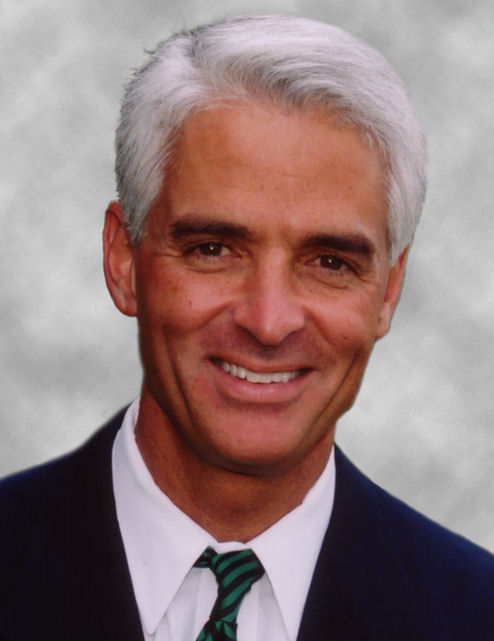I broach the subject of lawyer advertising every so often, because there seems to be so many different things to write on the subject. It covers constitutional law, ethics and plain old good (bad) taste.
Ethics and constitutional issues butted heads in recent years over New York’s new attorney advertising rules, which went up to the Second Circuit in Alexander v. Cahill, about which I’ve written often as it tracked its way through the judicial system.
Ethics also comes into play with deception, as evidenced by one Joseph Rakofsky, a New York lawyer with scant experience, but whose website sung his praises in oh so many ways. Then he got a real client. Defending a murder case. Which of course, he was utterly incompetent to do and after being exposed in the Washington Post, the story is now buzzing around the blogosphere (Gamso; Bennett; Elefant; Greenfield; Tannebaum; Mayer; Koehler, Above the Law).
And in the plain old bad taste department, I’ve written of lawyer advertising on a funeral home website and, in what I previously thought was the ultimate captive audience spot, over a urinal. All of this is part of a never-ending race to the bottom, as Scott Greenfield describes it.
Which brings me today to The Buffalo News, and an op-ed by Jeffrey Freedman, and the next round of bad-taste advertising, and the fact that there was an even more captive audience that I hadn’t even thought of, but others, apparently have:
…Captive ads, in case you missed it, is the new Metrodata Services advertising program that allows defense attorneys, bail bondsmen and anyone else who would like to advertise to the captive audience of the recently arrested on big screen TVs in the Holding Center….
So if you thought standing at a urinal and seeing an ad in front of your nose made you a captive audience, then this brings us to the next level: An audience that is captive in the most literal sense of the word, in the local lock-up.
Freedman wonders where this will ultimately lead:
Erie County Medical Center is a potential gold mine of space. Picture the possibilities for hospital gowns. Give patients a choice: Viagra or Cialis today, Mr. Smith?
And just imagine elevators and waiting rooms papered with the faces of compassionate, personal injury attorneys. “We don’t charge a fee unless we win your case.”
I thought that when lawyers dug down deep to advertise at a funeral home website, that this was as low as they could go. But perhaps there are new avenues to be explored in bad taste.

